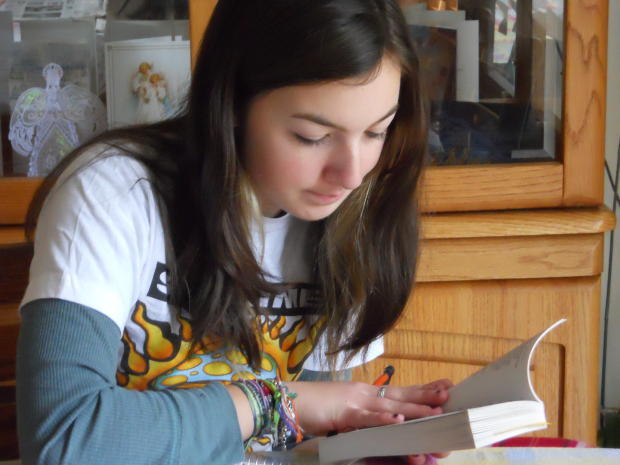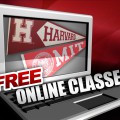The educational tools of the future could help students to do more by “reading their minds.” According to a January report from Inside Higher Ed, that’s the idea behind new efforts at Arizona State University to introduce adaptive learning environments to the classroom.
 A January 25 story called “The New Intelligence” details how ASU leaders including Philip Regier, who heads up ASU’s online program as Dean, are contemplating the possible benefits of adaptive software made by companies like Knewton, Inc. that are building new big data resources that can show instructors more about what students are learning in class.
A January 25 story called “The New Intelligence” details how ASU leaders including Philip Regier, who heads up ASU’s online program as Dean, are contemplating the possible benefits of adaptive software made by companies like Knewton, Inc. that are building new big data resources that can show instructors more about what students are learning in class.
As the extensive review points out, Knewton and other adaptive learning pioneers are in part following on the success of large educational companies like Pearson Education. A Jan. 2012 press release shows how Knewton’s Adaptive Learning Platform™ has been blended into Pearson’s My Lab/Mastering programs, which are essential to “developmental programs” where Pearson serves hundreds of thousands of students.
“Personalized learning is a linchpin for the overall future of education,” says Pearson’s Greg Tobin in the press release. “Incorporating Knewton’s technology into our MyLab/Mastering programs is leading the industry’s charge toward this new era of customized and personalized education.”
So what do these big data applications do? Basically, by building customized profiles of a student’s progress, new adaptive tools can serve that student better, providing learning materials that exactly match a student’s level, as well as his or her strengths and weaknesses. Knewton tools use “propriety algorithms” and logic applications, along with specific input from a student’s work history or online progress, to put together tailored resources that can help facilitate more learning, while showing clearly where a student is in terms of an academic discipline or program.
Despite concerns about the lack of communal instruction that’s possible with some of these adaptive technologies, Arizona State University is poised to move forward with the adaptive learning model. In an informational page on the ASU web site, faculty and administrative members discuss upcoming trends for education and 2013. Mari Koerner, Dean of ASU’s Mary Lou Fulton Teacher’s College, mentions adaptive learning tools as one of several technologies trending in today’s academic world.
“The truly cutting-edge stories of 2013 will focus on how digital tools are used to engage learners in authentic problem-solving, to develop their skills in peer-to-peer collaboration and information sharing, and to promote creativity, systems thinking and design skills, among others,” says Koerner.
[cf]tracking[/cf]






No Comment